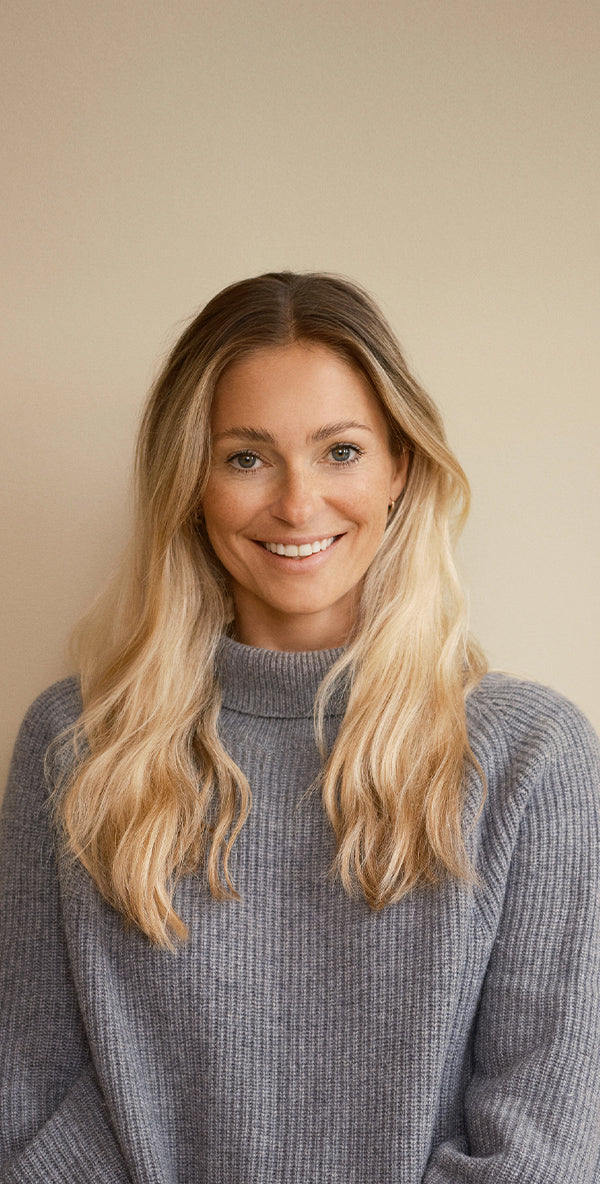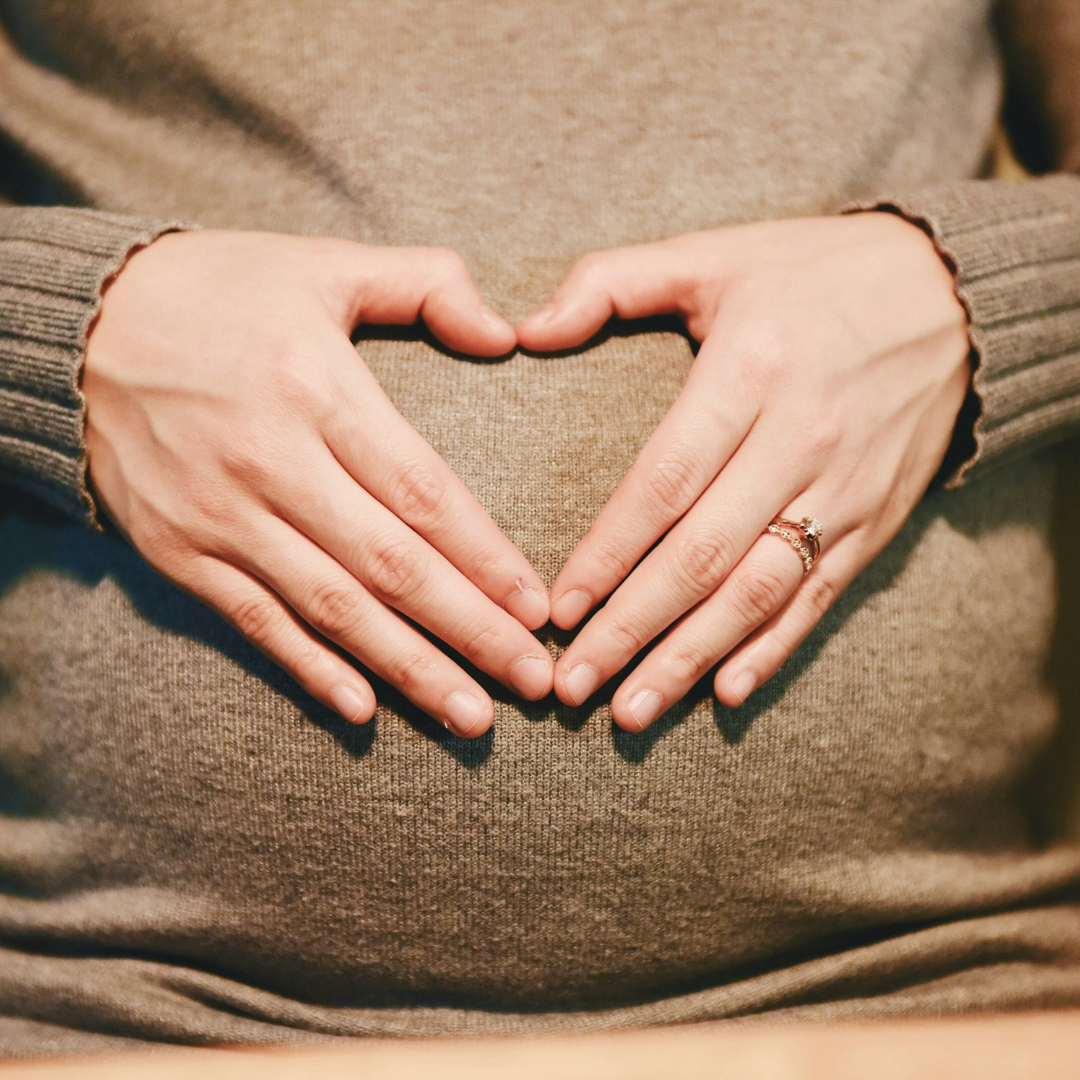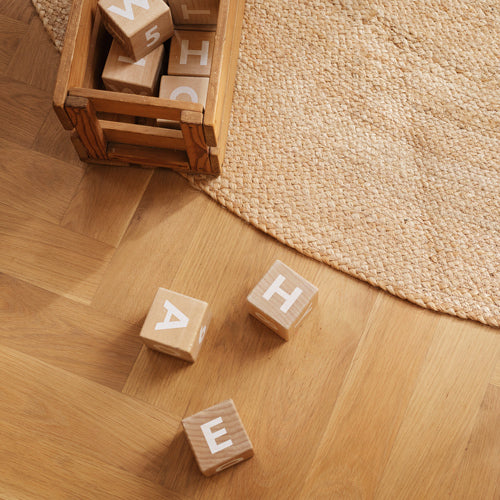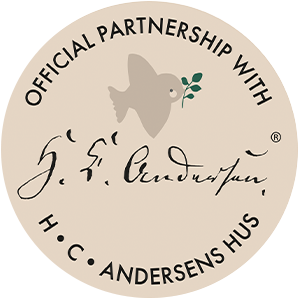

Coffee is usually the second most popular drink after water, and it’s easy to see why. It gives you a little boost with caffeine, a mild stimulant that wakes up your brain and gets your nervous system going. But when you’re pregnant, caffeine can suddenly feel like a tricky topic.
There’s a lot of talk about whether coffee might affect your baby’s development, which can feel a bit scary. If you’re someone who loves coffee, you’re probably wondering if pregnancy means you have to give it up, just like with other things that suddenly become off-limits.
The good news is, no. You don’t have to say goodbye to caffeine completely, but you will need to be mindful about how much you consume. Caffeine content can vary widely depending on the drink/food and how it’s prepared, so keeping an eye on your intake is important.
In this article, we’ll take a closer look at how caffeine affects pregnancy and share tips to help you enjoy your favorite drinks safely.
How much caffeine is safe during pregnancy?
Luckily, you don’t have to cut caffeine out completely. Most medical experts agree that moderate caffeine intake during pregnancy is generally safe. The key is to keep your daily consumption within recommended limits.
That said, drinking too much caffeine during pregnancy has been linked to some risks, including:
- Low birth weight: Babies born with lower than average weight can face health challenges.
- Increased risk of miscarriage: Some studies suggest high caffeine intake may raise this risk.
- Fetal growth restriction: Excess caffeine might affect how well the baby grows in the womb.
How does caffeine impact the baby? Well, caffeine passes through the placenta and can speed up the baby’s heartbeat or cause irregular rhythms. Large amounts can even lead to the baby becoming dependent on caffeine, which can result in irritability and withdrawal symptoms after birth—similar to other substances.
But these effects are associated mostly with very high caffeine intake, well beyond the amounts typical in moderate consumption. Still, it’s good to be mindful, especially if you’re craving caffeine often.
What drinks contain caffeine?
Knowing which drinks have caffeine and roughly how much can help you keep track of your intake. Here’s a general guide:
- Coffee: An average cup has about 95 mg of caffeine, but this varies depending on the brewing method and beans.
- Black tea: Roughly 30 to 48 mg per 8-ounce cup.
- Green tea: Usually contains 20 to 45 mg per cup.
- Soft drinks: Some contain 23 to 35 mg per 12-ounce can.
- Energy drinks: Such as Red Bull, can vary widely and can sometimes exceed 200 mg per serving.
Caffeine in foods and other surprising sources
Caffeine is not always just in coffee and tea, it can turn up in all kinds of everyday products. If you're trying to keep track of your intake during pregnancy, it’s good to know where else it might be sneaking in.
- Chocolate: Dark chocolate contains about 12 mg of caffeine per ounce, and the higher the cocoa content, the more caffeine it typically has.
- Breakfast cereals and protein bars: Some brands, especially those marketed as “energy-boosting,” include added caffeine to help you feel more alert.
- Pre-workout supplements and protein powders: These often contain high levels of caffeine to enhance physical performance, sometimes even more than a cup of coffee.
- Ice cream and frozen treats: Flavors like mocha, coffee, or dark chocolate may contain small but noticeable amounts of caffeine.
- Pain relievers: Some medications like Panadol Extra include caffeine because it helps boost the effectiveness of paracetamol and can combat fatigue. One dose can contain the same amount of caffeine as a small cup of coffee.
Tea and pregnancy: an alternative
Tea can be a great option if you're looking for a more soothing way to enjoy caffeine. Many types contain less caffeine than coffee, but it’s important to remember that not all teas are caffeine-free.
Here’s a breakdown of average caffeine content in common types of tea per 240 ml cup:
- Black tea: Roughly 30 to 48 mg
- Green tea: 20 to 45 mg
- White tea: 15–30 mg
- Oolong tea: 30–50 mg
These numbers can vary depending on how long the tea is steeped, the brand, and how it’s processed. Even though tea is generally “gentler” than coffee in terms of caffeine, it can still add up, especially if you're having more than one cup a day.
If you're trying to avoid caffeine altogether, herbal teas are usually a safer option. These are typically made from herbs, fruits, or flowers and are naturally caffeine-free. Just be sure to double-check ingredients and do extra research, as not all herbs are safe during pregnancy.
Here are some of our favorites:
- Ginger tea: Great for easing morning sickness and nausea.
- Rooibos tea: Rich in calcium and antioxidants that support your baby’s development.
- Peppermint tea: Helps with digestion and can soothe heartburn.
- Red raspberry leaf tea: Often used to tone the uterus and prepare for labor (but check with your healthcare provider before using regularly).
Important things to keep in mind:
- Not all caffeinated drinks are equal: Energy drinks often contain other ingredients like sugar and herbs that may not be safe during pregnancy.
- Caffeine is a diuretic: It may increase urination, which can lead to dehydration and loss of important minerals like calcium and magnesium.
- Caffeine can affect sleep: You may find yourself more sensitive to caffeine’s impact on sleep quality. If that’s the case, try cutting back, or creating a cozy environment with soft duvets or a gentle weighted blanket to help you relax and get the restful sleep you need.
-
Individual sensitivity varies: Some people feel jittery or anxious from small amounts of caffeine, so listen to your body and adjust accordingly.
Tips for managing caffeine during pregnancy
Here are some simple ways to enjoy caffeine safely and feel good about your choices:
- Try decaffeinated versions: If you love coffee or tea, decaf can be a great option. You can even mix decaf with regular coffee and gradually reduce your caffeine intake.
- Make your own drinks: Preparing your coffee or tea at home helps you control how strong it is and how much caffeine it contains.
- Read labels carefully: Caffeine can hide in unexpected places like chocolate, some pain relievers, and soft drinks.
- Stay hydrated: Since caffeine can increase urination, drink plenty of water throughout the day.
- Listen to your body: If caffeine makes you feel anxious, jittery, or disrupts your sleep, it’s a sign to cut back.
The bottom line
If you’re feeling a bit guilty about still wanting that cup of coffee or your usual tea, please know that you’re not alone. So many expecting parents feel the same way. Pregnancy comes with so many changes, and giving up the little things that bring comfort can feel like a lot.
You don’t need to be perfect, and you definitely don’t need to feel bad for wanting something familiar that helps you feel more like yourself. The good news is that enjoying a little caffeine is still considered safe when done in moderation.
You’ve got this. With a bit of awareness and care, you can still enjoy your favorite drinks without worry. Be kind to yourself and take it one step at a time. You're already doing so much, and that truly matters.




































